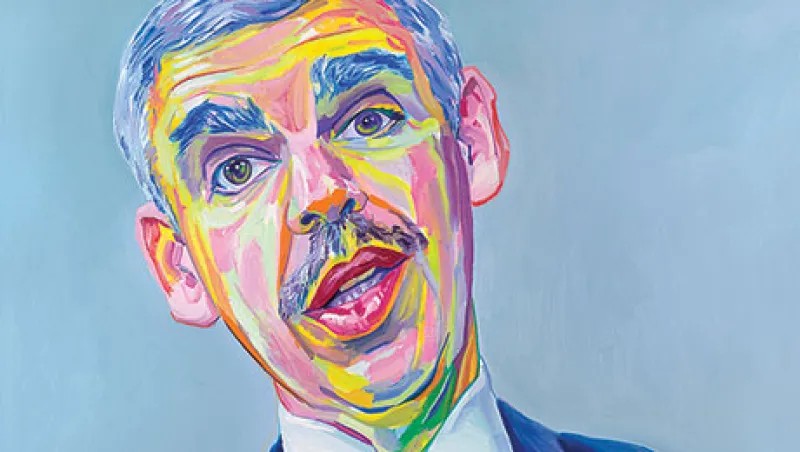
Mohamed El-Erian Weighs Trump’s Good and Bad Sides
The Allianz chief economic adviser sees possible reasons to celebrate — and plenty to worry about — in Trump’s economic policies.
Dan Weil
March 13, 2017



